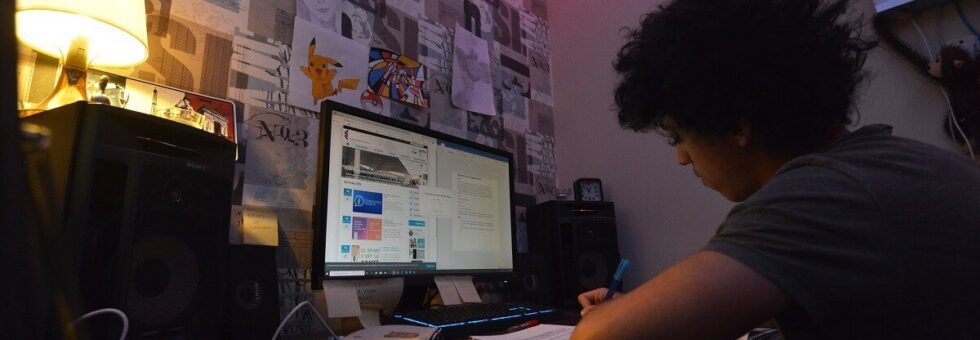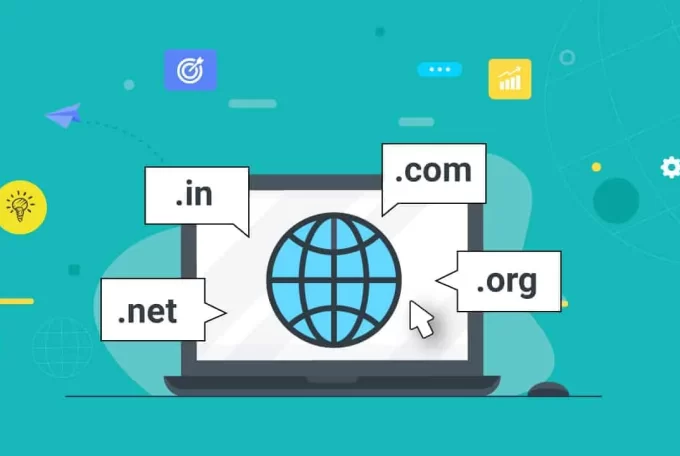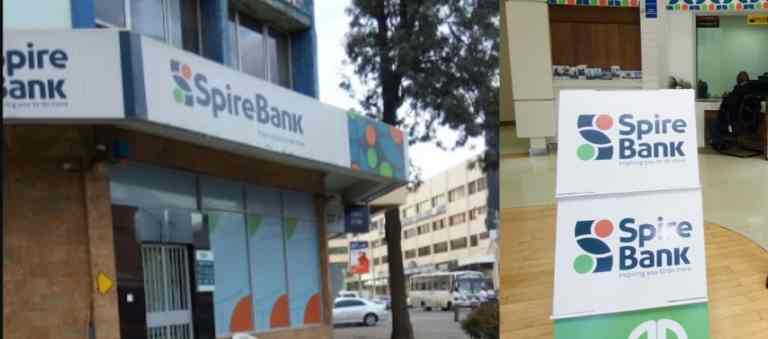Learning-software company signs partnership deal that enables remote, paperless examinations as the move to online exams gathers steam in Africa.
New Leaf Technologies, which provides best-of-breed learning software and services to corporations, training companies and educational institutions throughout Africa and the Middle East, is collaborating with Cirrus Assessment, which offers remote exam creation and delivery, marking and analysis, and invigilating.
According to Paul Hanly, CEO of New Leaf Technologies in South Africa, the days of taking a paper-based exam before a seated invigilator may be drawing to a close.
The continent-wide partnership with Cirrus Assessment, a cloud-based e-assessment solution, offers an end-to-end assessment platform that teachers/lecturers and learners/students can access throughout their testing/examination journey.
It’s an ideal solution for both organisations and learning institutions in Africa, including South Africa’s Sector Educational Training Authorities (SETAs).
“Many SETAs, for instance, require the capacity to run a large range of different assessment types right across the board,” says Hanly.
“The Cirrus platform meets that need head-on, through its capacity to manage large portfolios of evidence, or assessments, that can then be moderated by internal or external moderators.”
Accessible from any browser-enabled device, the cloud-based platform is offered as a standalone solution or can be integrated into any of New Leaf Technologies’ learning management system (LMS) products, including the popular aNewSpring, a cloud-based LMS platform; New Leaf LMS, an enterprise-grade LMS; and a range of other popular learning platforms.
New Leaf Technologies offers tailor-made course content, shareable through these platforms, as well as turnkey design and production service, to create holistic e-learning experiences.
Bart Beemsterboer, marketing and sales head for Cirrus Global, points out that the world has changed since Covid hit, and that awarding bodies are experiencing difficulties in delivering exams because they’re still paper-based, taken in bricks and mortar classrooms.
As an example of how well online exams may work, Hanly points to the 280 sixth-year Imperial College London medical students who took their final exams online in early March, “and there’s explosive demand in the USA among colleges for online proctoring, otherwise known as online invigilators,” he adds.
“New Leaf is an ideal partner because we’re jointly pursuant of the belief that Africa is on the edge of an education renaissance, and technology like this accelerates the continent’s ability to make education accessible, safe, credible and affordable for a lot more people,” says Beemsterboer.
And the technology has been seamlessly integrated with proctoring (invigilating) software so that people can even take their exams from home.





